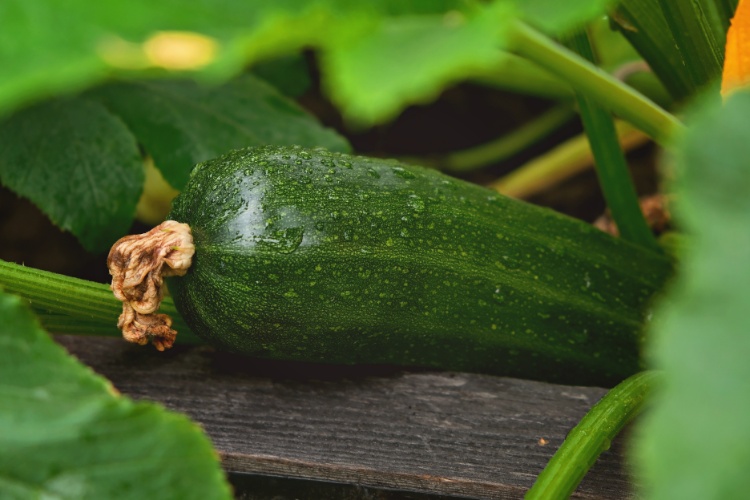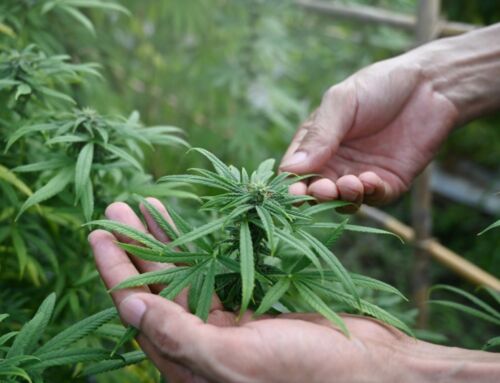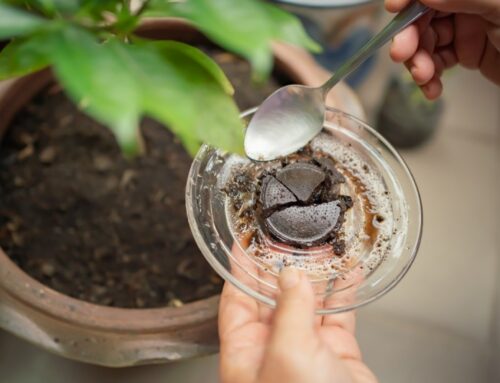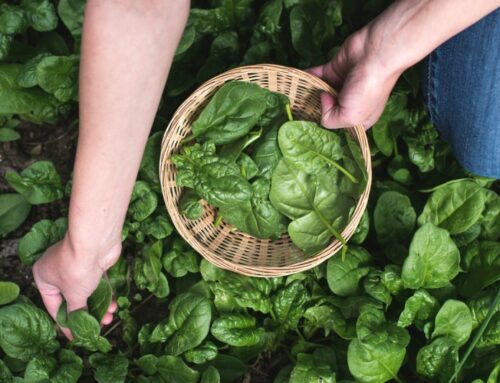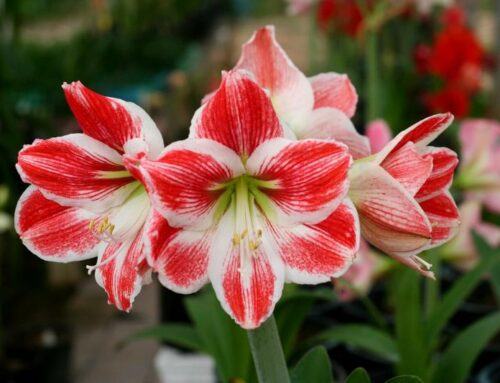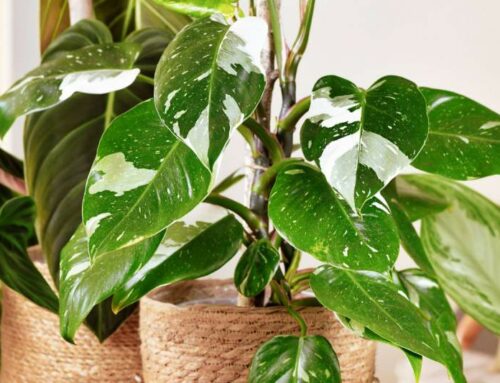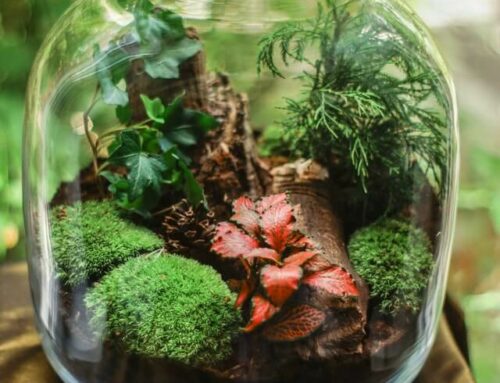Mildew on Zucchini: This is what every gardener needs to know
Hey there, garden lovers and foodies! If you’re like us, you’ve probably been loving the zucchini season. These versatile veggies have a way of sneaking into our summer recipes, from zoodles to muffins and more.
Summer brings with it the joy of zucchinis, but sometimes, it also brings an unwelcome guest: mildew. If you’ve spotted those white or yellowish patches on your zucchini leaves, you’re probably wondering whether it’s safe to munch on them.
So in this article we explain what is powdery mildew on zucchinis, how to treat or prevent it and most importantly, we will answer the burning question many zucchini-growers have: are zucchinis affected by mildew still edible?
Mildew 101: What’s the Deal?
Mildew is a type of fungus that can sometimes make an appearance in our gardens. Mainly, there are two types: the powdery mildew with white spots and the downy mildew that gives leaves a yellowish hue with white patches on the underside.
Both types of mildew affect zucchini and other garden plants similarly and the only main difference is in the physical appearance on the leaves. This means that they both can be combated and prevented by the same measures.
Are Zucchinis with Mildew Edible?
From a Health Perspective
The good news? Eating zucchini that’s had a brush with mildew isn’t harmful. The fungus isn’t toxic to humans. But if it’s heavily affected, you might notice a difference in texture or taste.
However, if the mildew has spread on a significant amount of plants and leaves, it would be best to keep your dog or cat away from the fungus. This is because powdery mildew can be irritant to the airways of pets.
Taste Matters
Although it’s safe to eat, zucchinis affected by mildew might not taste as good or have a less appealing texture. If the mildew only affects the leaves and the zucchini fruit itself still looks healthy, it can still be used. However, it’s advisable to wash and inspect the zucchini thoroughly before using it in the kitchen.
Gardening Tip
Mildew, such like most fungi, can spread around if provided with favorable growth conditions. Even if the fruit is still edible, plants with a strong mildew infestation should be removed from the garden to prevent the disease from spreading to other plants.
Managing Mildew: A Quick Guide
To prevent or combat mildew infestation, there are various methods. As with most plant-related diseases and problems, prevention is always the easier and the preferred method.
Plant Spacing
Ensure your plants aren’t too close together and ensure sufficient air-circulation around the leaves. This is easily achieved when zucchini seedlings are planted for the first time in a garden.
Mildew thrives in wet conditions where the air circulation is poor. Reducing humidity can discourage mildew growth.
Chop Away
As mentioned, powdery mildew spores can spread from leaf to leaf and from plant to plant. If you notice that your zucchini plants have a mildew problem that is not too spread, you can remove the few affected leaves.
Natural Solutions
There are beneficial microorganisms that can combat mildew. Apart from that, a lot of gardeners have used a mild mixture of baking soda (baking soda, soap, water) or a 1:10 milk-water solution with good results against powdery mildew.
Apart from that, neem oil is also a favorable choice amongst organic gardeners when it comes to dealing with pests and other garden diseases.
Using Fungicides
Powdery mildew is usually not devastating to plants and will not significantly harm the produce. Therefore, fungicides, in our opinion, should be used with caution and only as a last resort.
If you decide to use fungicides, always follow the label instructions and make sure they’re safe for edible plants.
Final Thoughts
Zucchinis affected by mildew can typically still be eaten as long as the fruit itself looks healthy and tastes good. However, it’s crucial to wash and check the fruit thoroughly before use. And from a gardening perspective, it’s advisable to take measures to prevent and combat mildew to ensure the health of the entire garden.
Happy growing and zucchini-munching 🌱🥒

